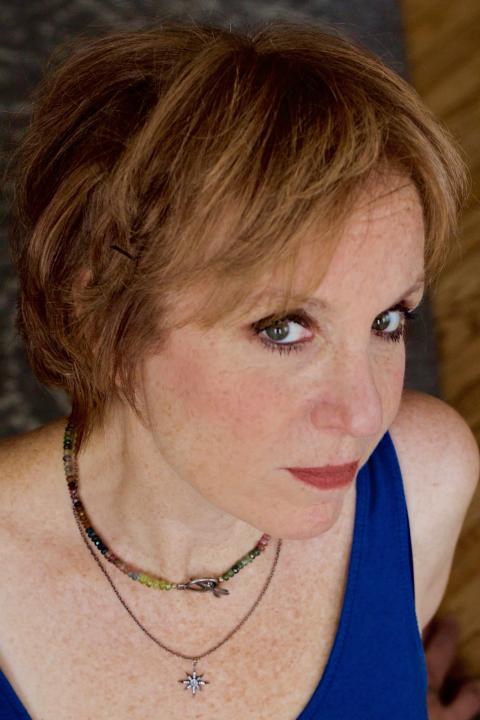Don't see what you're looking for?
Main Site
Berklee.eduCampuses and Schools

Janie Barnett
For media inquiries, please contact Media Relations
- You See This River (March 2017) by Janie Barnett & BlueRoom reached top 20 on Americana/folk charts in its first weeks, and was a first-round Grammy submission and top 10 pick on the Alternate Root Magazine list
- Solo performer
- Voice of countless national commercial campaigns, film scores, and TV themes
- Member of the Supreme Court with Marc Cohn, Crone Tones, Longhouse, and Jazz Neighbors
- Performances with Linda Ronstadt, Rickie Lee Jones, Bonnie Raitt, the Bacon Brothers, Patti Austin, Marc Cohn, Jessye Norman, and others
- Recordings include Janie Barnett (1987), Shake the Ladder (1990), and Belong (2000)
- Back-up singer for recordings by Celine Dion, Jessica Simpson, the Bacon Brothers, Martyn Joseph, Ronnie Spector, and others
- Composer/producer for various singer/songwriters
- Lyricist for the musical Faraway Bayou
- B.A., New York University
"My specialty is to help students explore their contemporary voice. I can help singers extend what my teacher used to call the 'full voice' higher without straining. It's really about placement, freeing up the tension, and finding the appropriate support for that sound. In addition, singers need to experience how the traditional voice can help keep the contemporary voice healthy and flexible. I also work with students on shaping the song and the performance with greater dynamic range. My performance workshop changes the view of how you use your voice and your instrument to make choices that create dynamic range and a compelling experience."
"My greatest mentor challenged me to do some pretty risky things to expand my palette, and encouraged me to try something new that would give me a healthier voice. And certainly my writing teachers threw me into the fire—they would push me to take my work seriously, to embrace technique and have patience with the process."
"This ties in to my own teaching approach. I want students to enjoy the process, and the rest will come. To take students out of their comfort zone, I might ask them to throw the song into a completely different key. Or make them play with only one hand, if they're a piano player, to hear the space in the song. Or ask them to play the whole song up two octaves, or take out all the vibrato, or, for the guitar player, to use an alternate tuning. It's not that the crazy version of a song is the best alternative; it just sends them down a different road so that they come out somewhere fresh on the other side."
"I like to think of the performer-audience relationship and the student-teacher relationship as the same in that it's a shared experience. One may be leading and one may be following, but then that may switch. You've just got to be committed, acutely focused in the process. We practice that focus together."
"I want my students not to be afraid to try new ways of working on their craft. And I tell them that just because it's art doesn't mean it comes naturally and easily. We talk about that a lot, to rid ourselves of the 'either you've got it or you don't' myth of the artist. It might be 15% natural talent, and the rest is sweat and commitment. We need to enjoy the sweat part. The natural talent is just a little head start."
Get More Information
By requesting information from Berklee, you will receive emails about our educational programs, student resources, facilities, and more based on your selections.
Thank you for requesting information.
Check your inbox for an email from Berklee. You will start to receive program information, updates, and deadline reminders.
Find the program that's right for you with Berklee's Find Your Program tool.